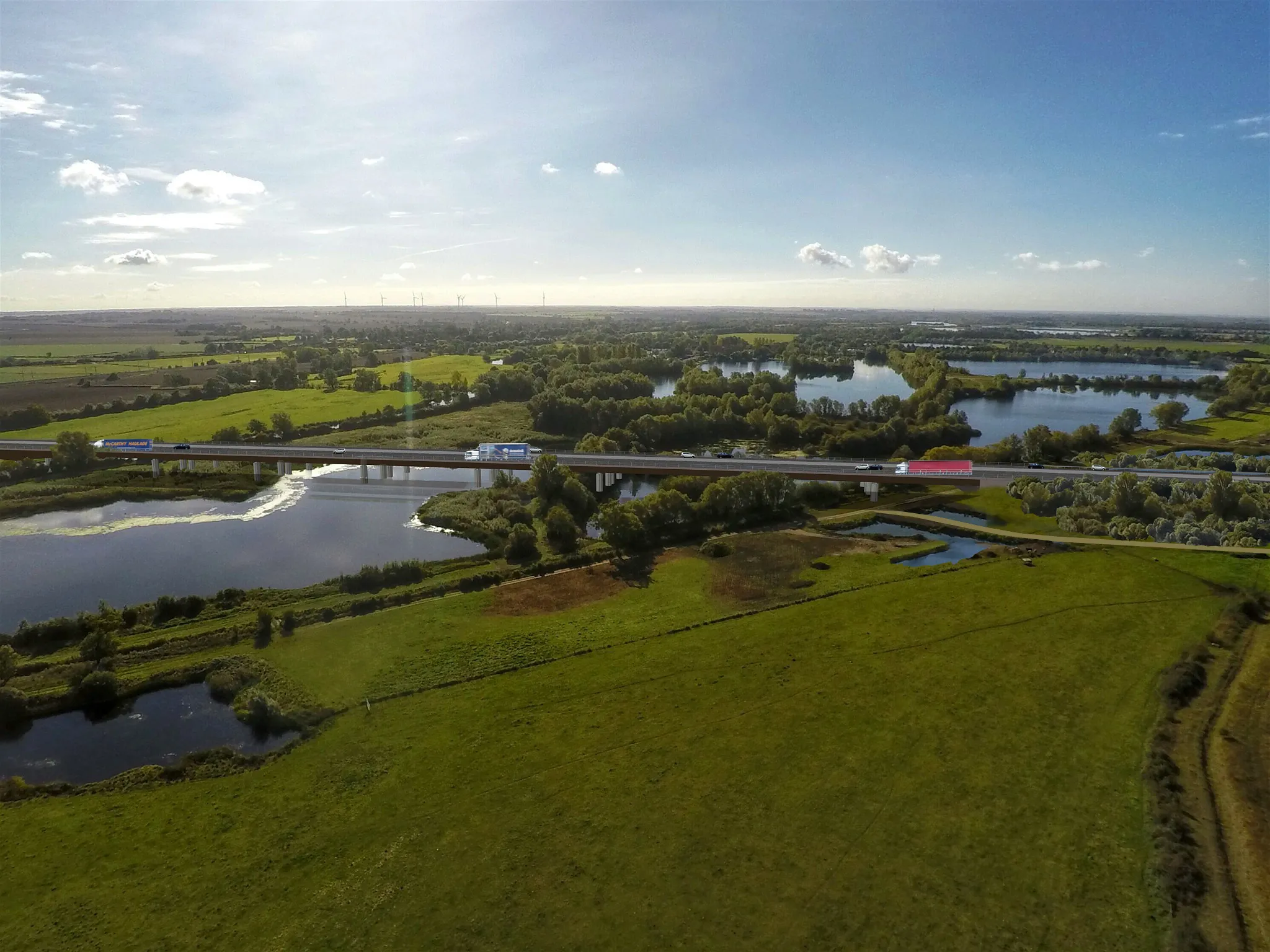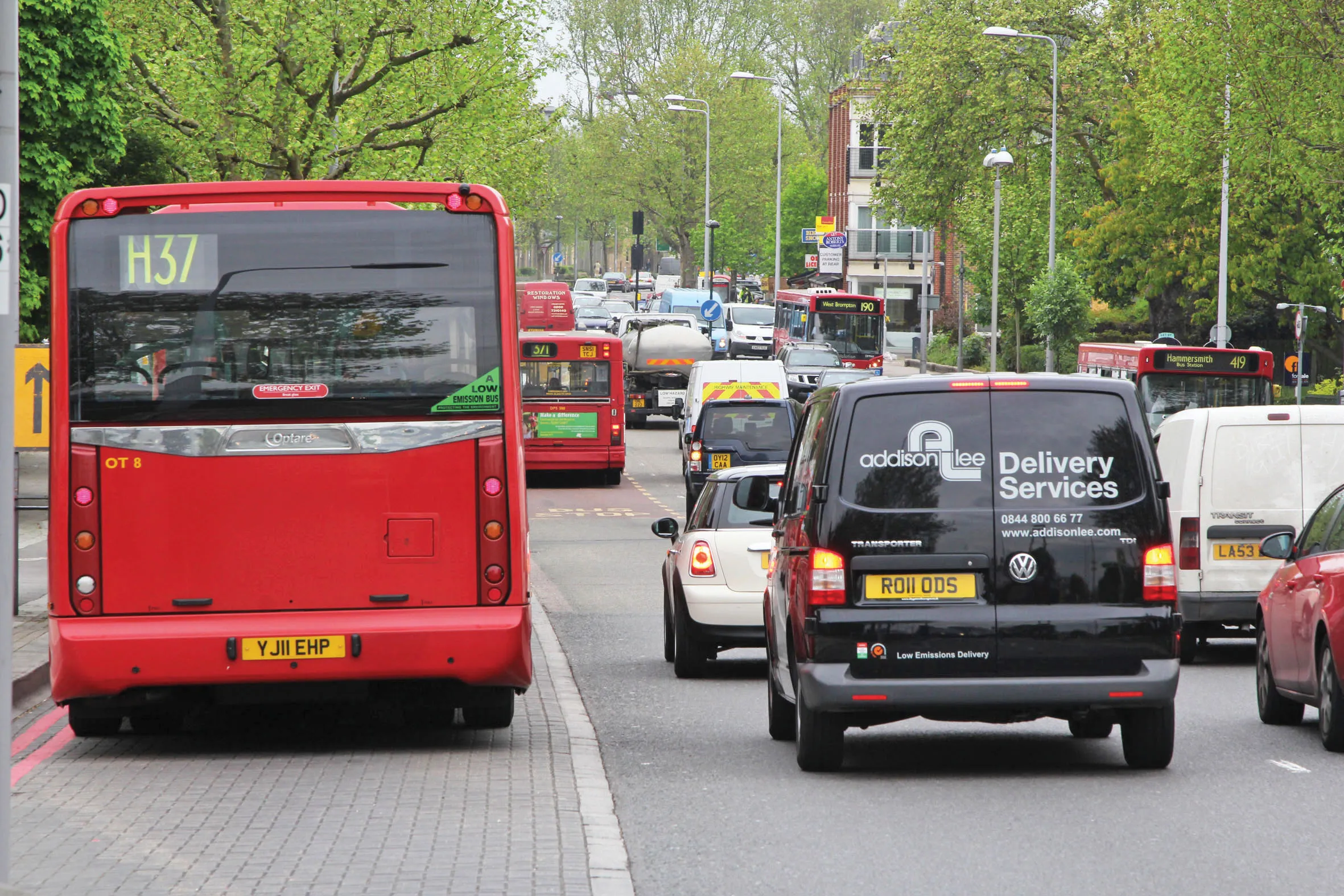
More than 200,000 projects already use the package, mainly in the United States and Canada.
Fieldwire connects workers in the field with their counterparts in the office via an easy-to-use mobile application.
The system promotes efficient task management and real-time collaboration, claims the company. Typical users are field engineers and foremen who are able to access latest project plans which are stored and managed on the system.
Users can mark up or add photos or other information to the plans as required. The systems also allows them to track issues and monitor schedules and inspections.
“When Fieldwire is used on a project, any user can create a task and locate it on a plan and assign it,” says Stephane Denerolle, product manager of Fieldwire.
The assignee will then be notified and they can report back on the task via the system. Because the system maintains a copy of relevant data on the user's device, they can continue accessing it even if they go offline.
The system will operate with any web browser and on most mobile devices, says Denerolle.
Fieldwire was founded in San Francisco in 2013 by a team of construction and software engineers from three leading US universities: Stanford, Berkeley and MIT. It is backed by several leading venture capital firms.









